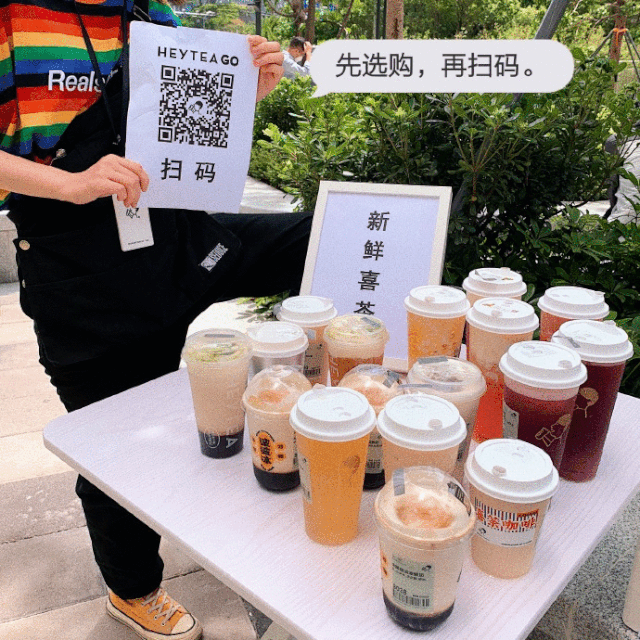It happened seemingly overnight. Immediately after Premier Li Keqiang commented that the “stall economy” (地摊经济) was an opportunity for China to kickstart consumer spending in the wake of Covid-19, people have come out in droves to set up their own small vendor stalls.
In addition to exploding out onto the streets, the topic has exploded online, with a wide array of individuals taking to social media to document their experiences trying to make a profit selling various wares in the street.
The hashtag #EverybodySetUpStalls had over 460 million views on microblogging site Weibo before being taken down a few days ago, with some saying that half of all recent Weibo posts were about the stall economy. “Stall diaries” are taking over the platform as people record their oftentimes humorous experiences trying their luck as street vendors.
Related:
 China’s Cities Have Spent Years Getting Rid of Street Food. Now They Want it BackA recent announcement gives hope to those who run and enjoy street food businesses in ChinaArticle Jun 04, 2020
China’s Cities Have Spent Years Getting Rid of Street Food. Now They Want it BackA recent announcement gives hope to those who run and enjoy street food businesses in ChinaArticle Jun 04, 2020
Weibo user 小汤小汤绝不泡汤 writes, “Stall diary, June 8th. Not a very clear day, but I still set up. My stall neighbor was selling milk tea for the whole day, but only managed to get three sales in the afternoon. It was because I bought three cups.”
Naturally, the movement has spawned a number of witty memes.
Jack Ma: “Give me everything you have, I’m not interested in money.”
Woman: “How much is that?”

“Let’s just go back and open up a street stall…no use pretending anymore”

“I don’t want to be president any more — I want to go to China and open up a street stall.”
The 地摊经济 craze has even reached major franchises such as KFC, Pizza Hut, and Hey Tea, who quickly fashioned stalls and took to the streets.
There have also been a series of financial trends as a result of people seizing the entrepreneurial moment, such as reports of milk tea cart manufacturers being flooded with demands. Wuling Motors, a car manufacturer associated with GM, has even stated they will be manufacturing special vans for the stall economy; as a result, their stock price has risen by 120%.
Following the financial devastation of the coronavirus pandemic, China has been trying to reinvigorate street food and small goods vendors to boost the domestic economy. Cities like Chengdu and Hangzhou have passed policies allowing more freedom for outdoor businesses, which have been under strict supervision for years. In a huge step, China’s Central Civilization Committee has announced that street food vendors will not be considered as part of the “national civilized city assessment” in 2020.
Related:
 5 Million People in China Have Lost their Jobs Thanks to Covid-19 – Here’s How They Are CopingWhether choosing to wait, act or adapt, Chinese citizens are coping with coronavirus-related job loss in a number of different waysArticle Apr 14, 2020
5 Million People in China Have Lost their Jobs Thanks to Covid-19 – Here’s How They Are CopingWhether choosing to wait, act or adapt, Chinese citizens are coping with coronavirus-related job loss in a number of different waysArticle Apr 14, 2020
As we previously reported, “Taking street vendors off the list of criteria appears intended to send a strong welcoming signal that vendors who were once made to vacate the streets will be invited back.”
The picture appears to be mixed across the country however, with cities such as Beijing seemingly less enthusiastic about bringing street stalls back, citing issues ranging from hygiene to road safety. Perhaps surprised by the enthusiasm with which people have embraced the idea of a renewed “street stall economy,” state media outlets appear to have begun pouring cold water on the idea that such vendors will be allowed to return wholesale.
Yet with the “stall economy” taking off in an explosive way, it seems that people in many cities around China have taken matters into their own hands. Only time will tell whether their efforts will have lasting effects on the country’s economy — and its streets. But in the meantime, the enthusiasm and scope of the movement is a remarkable demonstration of people’s ability to adapt and overcome.




















